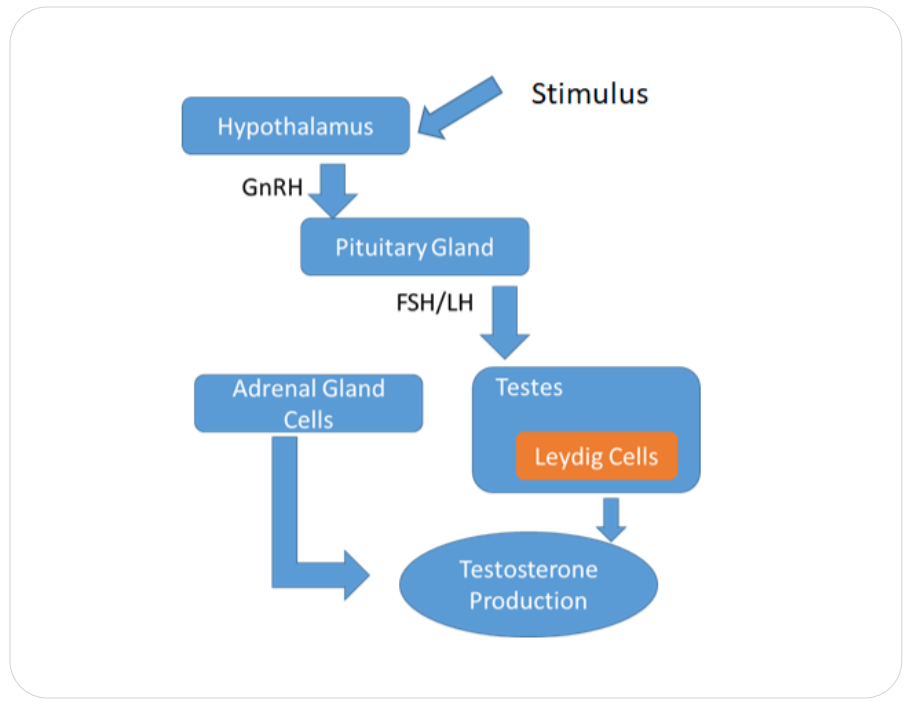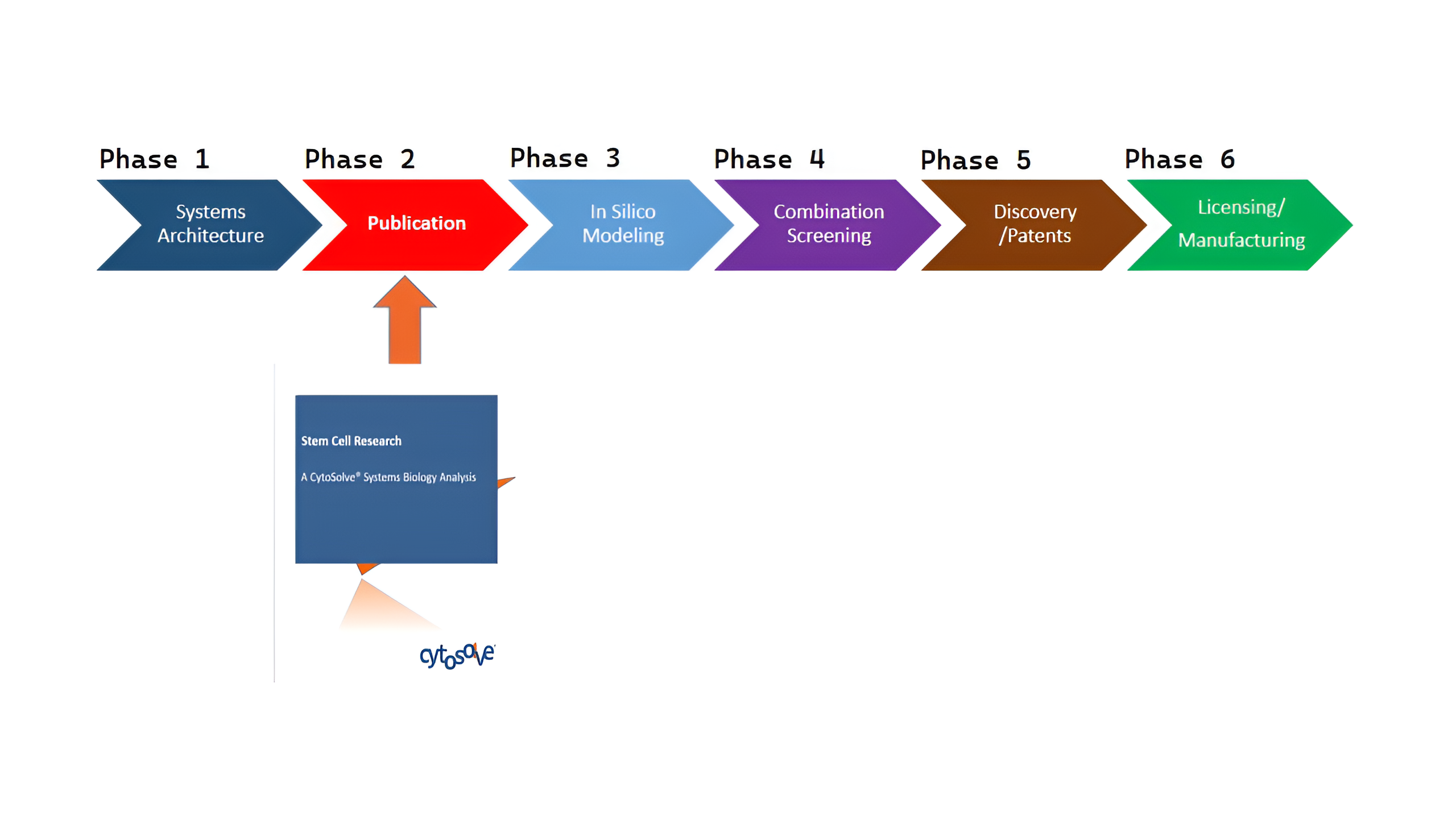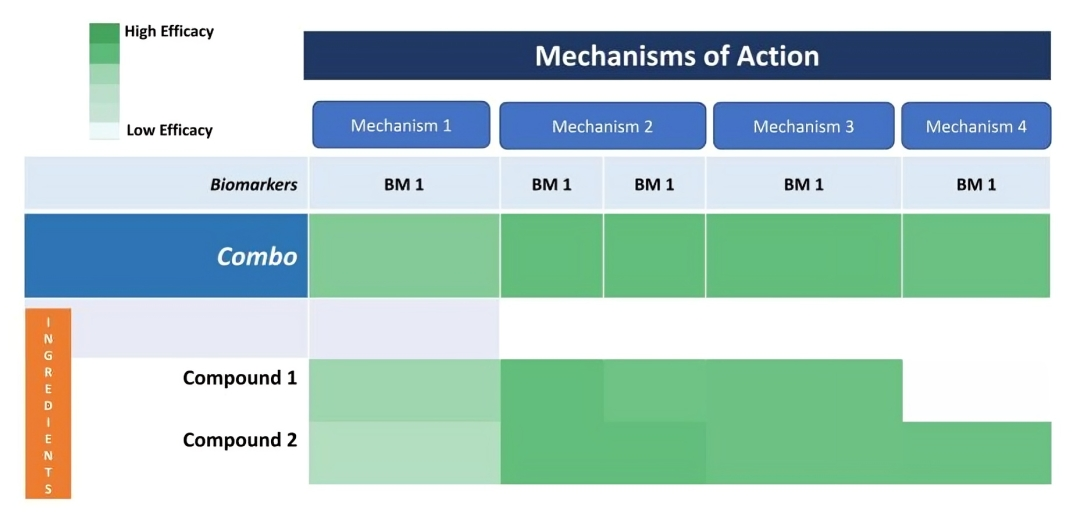
Men’s Health Initiative
Men’s health encompasses physical, mental, and emotional well-being, yet it often receives less attention than it deserves. Many men tend to avoid regular check-ups, leading to late diagnoses of preventable diseases like heart conditions, diabetes, or prostate issues. Lifestyle factors such as poor diet, lack of exercise, excessive stress, smoking, and alcohol consumption significantly contribute to chronic health problems in men.
A proactive approach to health involves regular screenings, a balanced diet rich in fiber, protein, and healthy fats, and consistent physical activity. Mental health is equally vital—depression, anxiety, and emotional stress are frequently underreported among men due to social stigma. Encouraging open conversations, seeking professional support, and practicing stress management techniques can greatly enhance emotional well-being.
Hormonal health, particularly testosterone levels, also plays a crucial role in energy, mood, and libido. Staying sexually active, sleeping well, and managing weight can help maintain hormonal balance. Additionally, men should prioritize relationships, social connections, and hobbies, as these contribute to longevity and happiness.
In short, men’s health is not just about muscle or stamina—it’s about living a balanced life, preventing illness, and nurturing overall wellness through mindful choices and timely medical care.

Research Progress
The Open Science Institute’s Men’s health Initiative has now progressed to the First phase — Systems Architecture.
We need your support to move forward. Our goal is to raise $2 Million to research and reveal to the scientific community, highlighting the powerful potential of Men’s health in regenerative health. Please support this initiative.

Systems Architecture
The Systems Architecture of Men’s health Reseach is published as a Web-based tool open to public. Click below to interact with the systems architecture.

Publication
A peer-reviewed publication from the Men’s health Initiative will be released soon to benefit the public by revealing powerful insights into the use of ingredients for treating Men’s Health diseases—support this initiative to advance scientific discovery and deliver real solutions.

In silico Modeling
In this phase, the Men’s health Initiative will conduct in silico modeling to identify and test the efficacy of compounds on hormonal balance, reporductive health and andropause activity. This phase is yet to begin.
Combination Screening

Patents
The Open Science Institute® through its Men’s health initiative is moving towards getting patents for a revolutionary compounds that affects hormonal balance, reporductive health and andropause activity.

Licensing and Manufacturing
The Men’s health Initiative plans to discover, develop, license and manufacture a Men’s health product which supports treatment of Men’s health diseases. Support our mission to bring this innovation to those who need it most. Please support this Phase by donating to the Men’s health Initiative.
